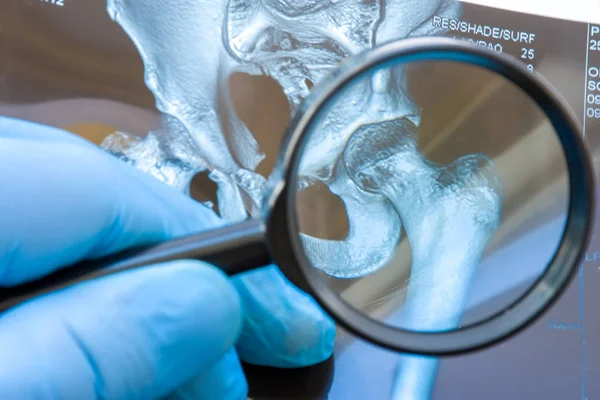New Gene Mutation Linked to Rare Skeletal Disorder – A recent discovery by a team of researchers led by McGill University sheds light on the genetic basis of a rare skeletal disorder. The researchers found that a slight change in the MGP gene caused a specific bone disorder in four individuals from two different families. This discovery expands the understanding of the genetic factors contributing to skeletal abnormalities and paves the way for potential therapeutic interventions. The findings highlight the importance of the MGP gene and its role in skeletal development, providing hope for improved diagnosis and treatment of individuals affected by this rare condition. Rare bone diseases account for 5% of all birth defects yet very few have personalized treatments. Developments in genetic diagnosis, molecular techniques, and treatment technologies, however, are leading to unparalleled therapeutic advances.
New Gene Mutation Linked to Rare Skeletal Disorder – Study Key Findings:
- Mutation in MGP gene: A slight change in the matrix Gla protein (MGP) gene was identified as the cause of a rare skeletal disorder in four individuals from two families.
- Distinct from Keutel syndrome: This mutation differs from complete MGP deficiency (Keutel syndrome) in both its presentation and cellular mechanisms.
- Cellular stress and bone abnormalities: The mutated MGP gets trapped within cells, causing stress in the endoplasmic reticulum and ultimately leading to the death of cartilage cells and abnormal bone development.
- New insights into skeletal dysplasia: The research expands our understanding of the genetic factors contributing to skeletal disorders, offering hope for improved diagnosis and treatment.
- Potential for therapeutic interventions: The findings highlight the importance of MGP in bone formation and pave the way for developing new treatments for individuals with this rare condition.
- Importance of collaboration: The researchers encourage increased awareness and collaboration among healthcare professionals and individuals with similar skeletal malformations to further research and improve disease management. Study source (https://www.mcgill.ca/newsroom/channels/news/discovery-unravels-mystery-rare-bone-disease-354311)
What are the causes of rare skeletal disorders?
Rare skeletal disorders are caused by genetic abnormalities that may directly or indirectly affect bone cell function. These disorders may result in abnormal growth and development of the skeleton and/or the inability to maintain bone mass and strength. Some rare skeletal disorders are caused by changes in genes that can be passed on to children of affected adults, while others may develop after birth from medical problems that were not inherited. For some rare skeletal disorders, the cause remains unknown. [Source 1]
ALSO READ: Morphine as Effective Cough Therapy for Pulmonary Fibrosis – Study Suggests










